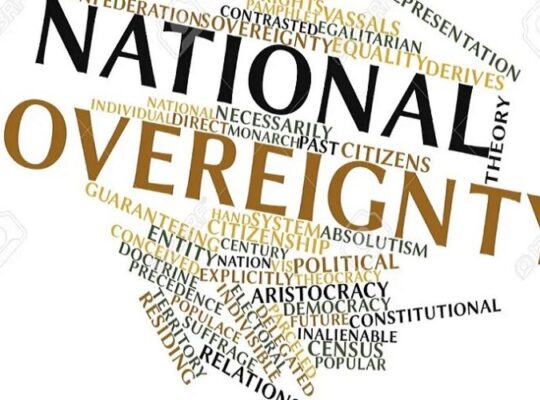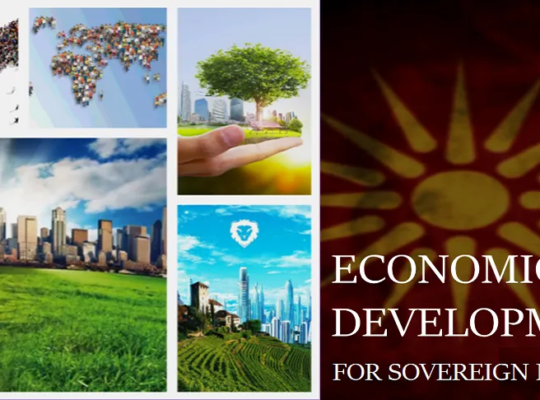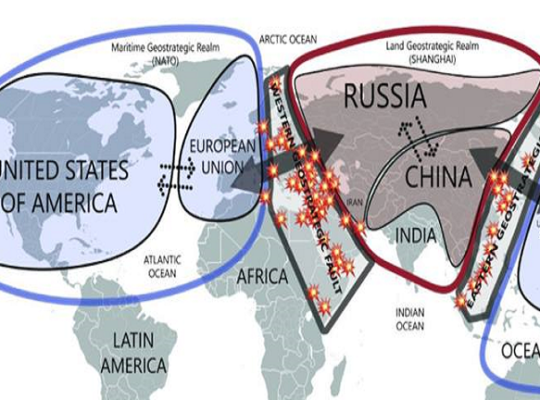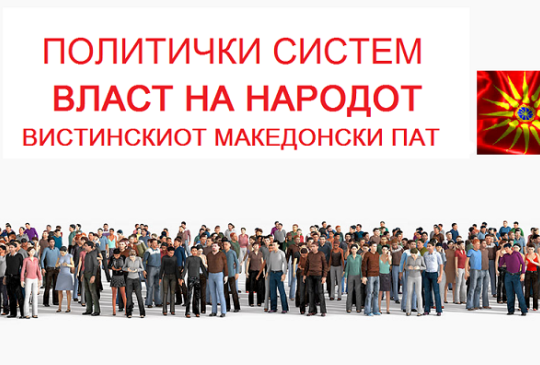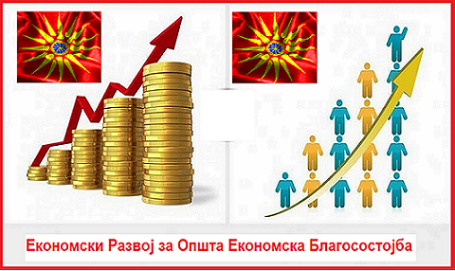Глобална Дисипација На Неолибералните Модели И Суверената Државна Доктрина. Автор: Горан Шумкоски. RUDN академско списание: Меѓународни односи. – 2022. – Ред. 22. – N. 4. – P. 771-787.
Global Dissipation of Neoliberal Models and the Sovereign State Doctrine. Author: Goran Sumkoski. RUDN International Relations. – 2022. – Vol. 22. – N. 4. – P. 771-787. updated on July 15, 2023by Sumkoski1 Commenton Global Dissipation of Neoliberal Models and the Sovereign State Doctrine. Author: Goran Sumkoski. RUDN International Relations. – 2022. – Vol. 22. – N. …
